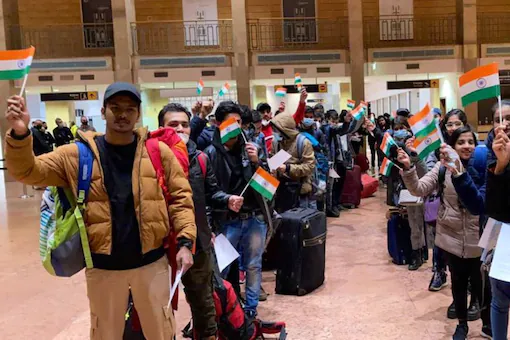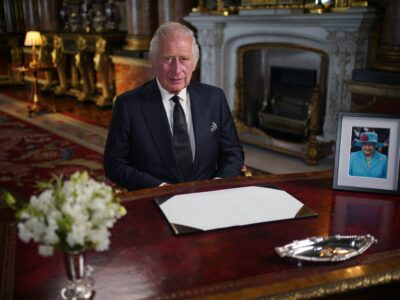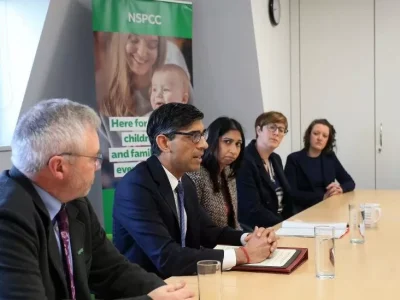The BBC is restructuring its operations in India to comply with the country’s foreign investment rules.
- Four employees will leave the BBC to form a wholly Indian-owned company, Collective Newsroom, containing the BBC’s six Indian language services.
- The broadcaster’s English language newsgathering operation in India will remain with the BBC.
- It follows an investigation this year which saw the BBC’s India offices searched by tax authorities.
Foreign funding for digital news companies based in India was capped at 26% under new regulatory requirements.
- The change effectively means any company publishing digital news content in the country must be majority-owned by Indian nationals.
- Staff working in the six language services – BBC Gujarati, BBC Hindi, BBC Marathi, BBC Punjabi, BBC Tamil and BBC Telugu – will join the four in the new company, as will members of the BBC India YouTube channel in English.
- “Audiences in India can be assured that the BBC’s Indian language services and unique range of quality output will inform, educate and entertain audiences across our diverse and highly engaged country under the agreement between the BBC and Collective Newsroom,” Ms Jha said.
- The corporation came under scrutiny for alleged breaches of foreign direct investment rules shortly after its offices in Delhi and Mumbai were searched by tax authorities.
- The searches in February came weeks after the broadcaster aired a documentary in the UK critical of Indian Prime Minister Narendra Modi.
- At the time, the Indian government said the searches were lawful and the timing had nothing to do with the documentary, which was not aired in India.
- More than 300 staff currently work across the BBC’s services in India. The BBC first broadcast in Hindi in 1940.
- Jonathan Munro, BBC News deputy CEO, said the BBC’s presence in India was “steeped in a rich history” which would progress with the formation of Collective Newsroom.
![]()
Subscribe
Login
0 Comments
Oldest






